
Aqua Pure
Brings The Perfect Water Solution
for Your Home
Aqua Pure whole home water purification system is an excellent solution for your home where every tap in your home will provide you with clean fresh water. It is an easy way to keep your family healthy and happy with each sip.
Get Your System Installed for FREE – $0 Down Payment & Flexible Financing Options Available!
Why Your Home Deserve a Whole Home Water Purification System?
Your family deserves the best and that starts with clean and safe water. A whole home water purification system guarantees that every drop of water in your home is free of harmful chemicals and contaminants. You can feel secure knowing that your water is pure and healthy for cooking, drinking, and taking baths with Aqua Pure’s home water solution.
Do not worry about lead, chlorine, or other contaminants anymore. Our purified water system for the home addresses these concerns head on offering fresh, delicious water in every room. Furthermore, this system protects your appliances, softens your skin, and extends the life of your clothing. Investing in a home water solution means much bigger than just having clean water but it also means improving the overall quality of life.
Bring Pure Fresh Water to Every Corner of Your Home
Imagine having pure, fresh water flowing from every tap in your house. This is what you get when you use Aqua Pure home water solution. Our purified water system for the home ensures that every room including the kitchen, bathroom, and laundry has clean, safe water. That means you will not have to worry about impurities or contaminants while cooking, showering, or doing laundry because your family will appreciate water that tastes better, feels better on the skin and is healthier to drink.
A purified water system for home not only provides drinking water but it also protects and extends the life of your appliances. In addition, your clothes and dishes will be cleaner. Aqua Pure allows you to enjoy the benefits of pure water throughout your entire home, giving you peace of mind and a higher quality of life.
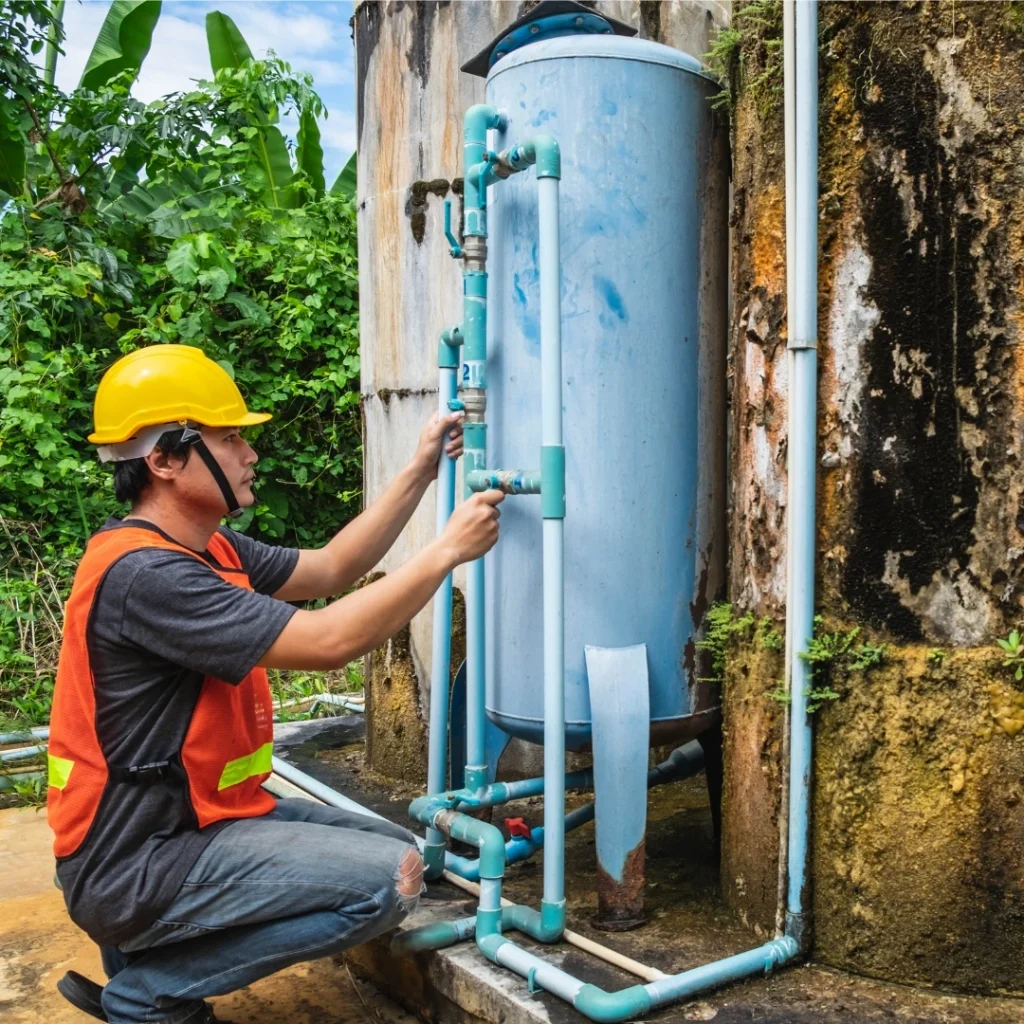
Benefits of a Whole Home Water Purification System

Cleaner And Healthier Water
Every tap in your home produces pure water when you have a whole house water filtration system installed. This translates to cleaner drinking water, better tasting beverages, and a healthier environment for you and your family.

Protects Appliances and Plumbing
A home water treatment solution helps to keep scale and other impurities from causing damage to your appliances and plumbing. You may save money on repairs and replacements by doing this to prolong the life of your pipes, washing machine, and dishwasher.

Convenience and Peace of Mind
Avoid the hassle of buying bottled water or dealing with individual filters. A purified water system for the home ensures that every drop of water is safe and clean leaving you with one less thing to worry about.

What’s Inside Our Home Water Solution
Our whole home water purification system is designed to give your family access to clean water from every tap in your home. This home water solution not only improves the taste and smell of your water but it also removes harmful impurities that can have an impact on your health. This is how our household purified water system operates:
High capacity Coconut Shell Carbon
- Bacteriostat 55
- BlackCat Ion Exchange Media
The pure water decreases chlorine, improves taste, and eliminates unpleasant odors.
It prevents bacterial growth and removes heavy metals.
Removes iron and other minerals that contribute to water hardness.
High-Capacity Coconut Carbon
The pure water decreases chlorine, improves taste, and eliminates unpleasant odors.
Bacteriostat 55
It prevents bacterial growth and removes heavy metals.
BlackCat Exchange Media
Removes iron and other minerals that contribute to water hardness.
Authorized Dealer
Westinghouse
Water Systems Dealer
At AquaPure LLC, we are proud to be your local Authorized Westinghouse Dealer in Texas. This partnership allows us to provide you with genuine Westinghouse water softeners, filtration, and Reverse Osmosis systems, complete with expert installation and full manufacturer warranties. When you choose us, you get the perfect combination of trusted national brand quality and reliable local service.
Our team is certified to install and service the full range of Westinghouse water solutions. We understand Texas water challenges and will ensure your system is perfectly configured for your home. For premium water quality backed by authentic expertise, trust the authorized Westinghouse provider AquaPure LLC.

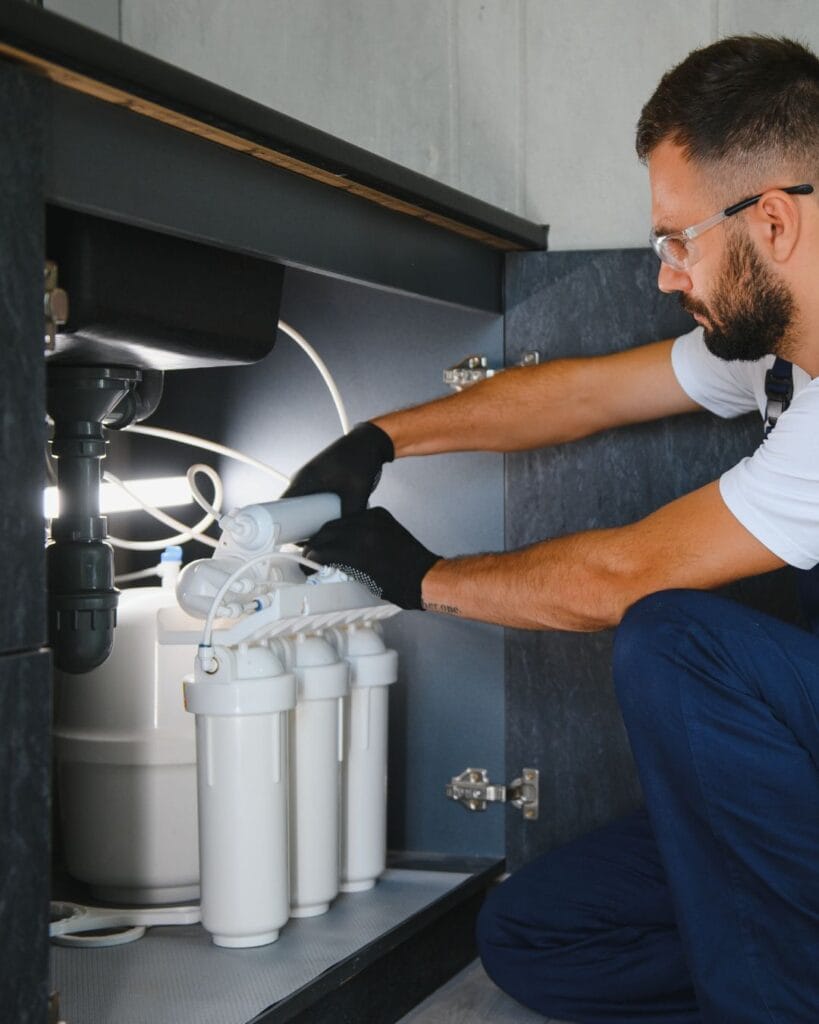
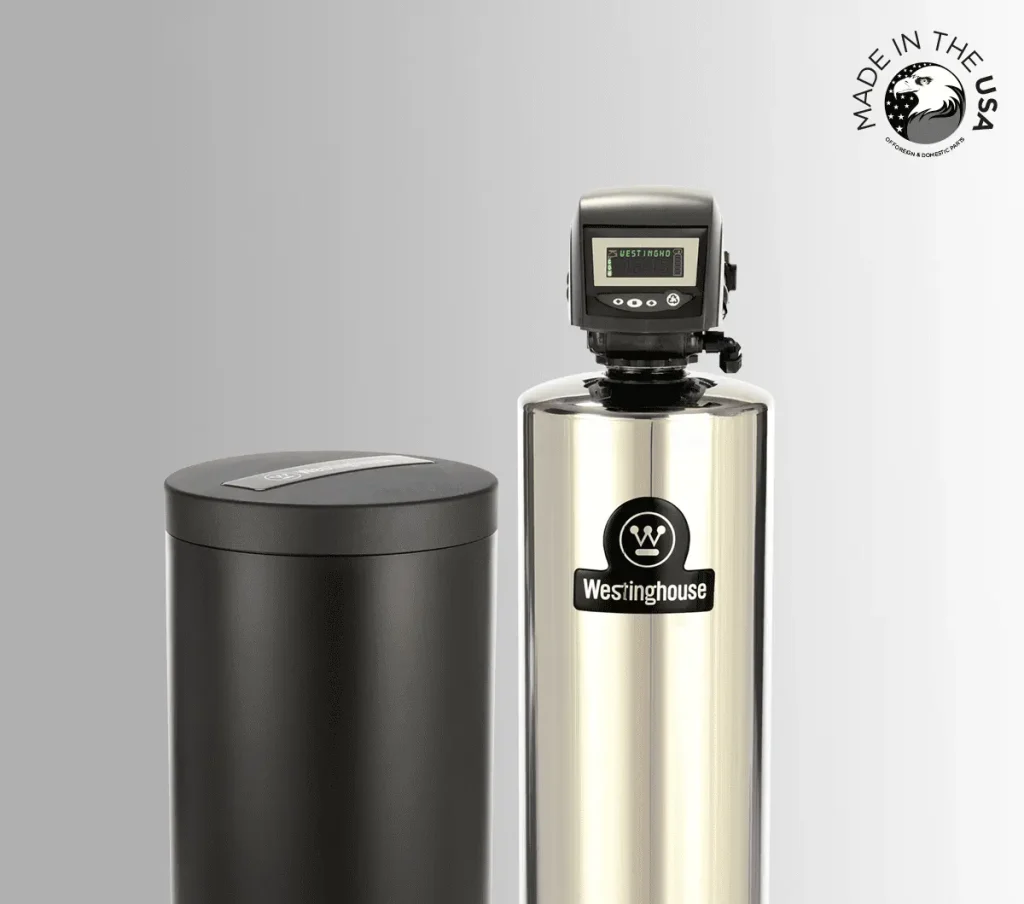
Water Softeners
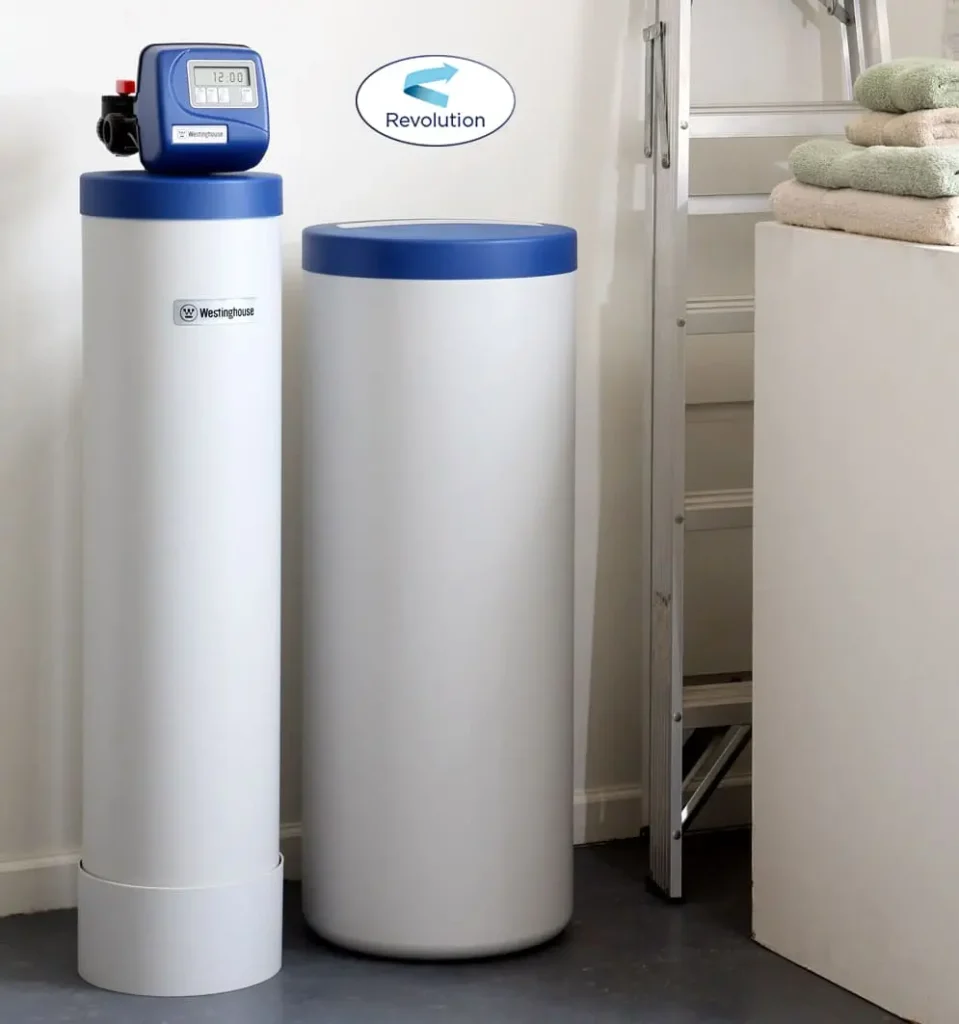
Water Filtration
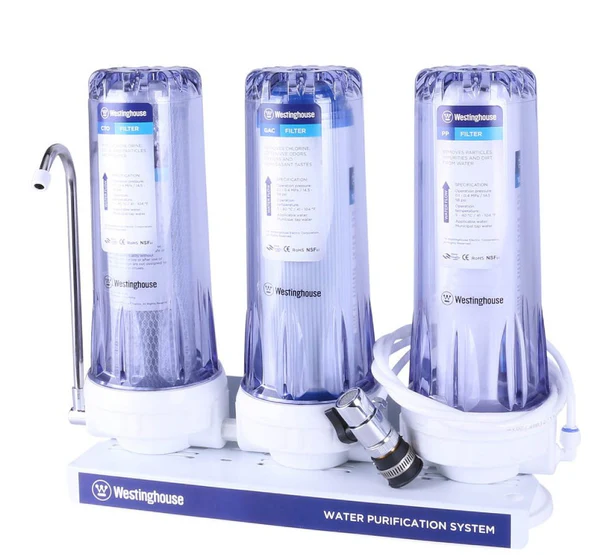
Reverse Osmosis (RO) systems
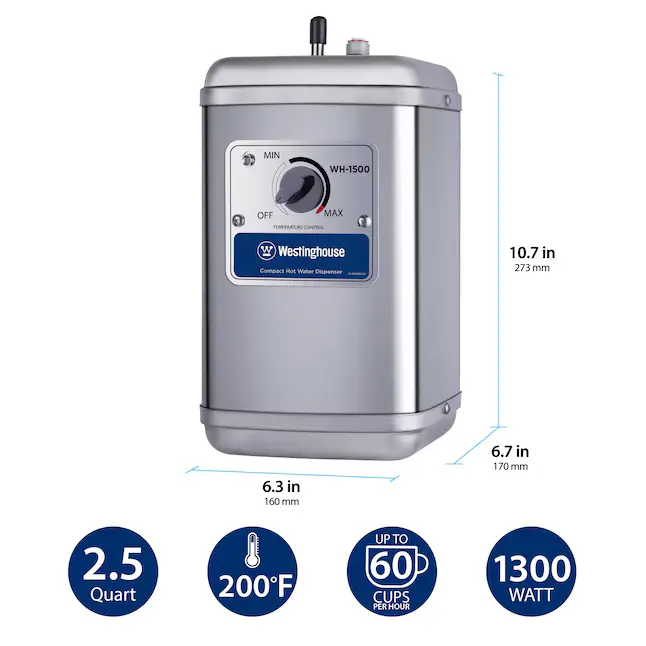
Water Sanitization Systems
Hear What TEXANS Have to Say
We take pride in the satisfaction of our customers. Here’s what some of our clients have to say about their experience with our water solutions:
Posted onTrustindex verifies that the original source of the review is Google. Friendly guy, great knowledge.Posted onTrustindex verifies that the original source of the review is Google. Scott Engle came out and tested our water and we are soooo happy that he did. The standard city water was absolutely disgusting. Scott sat there and talked us through everything and showed us the difference between the regular water and the water system he was showing us and spent over a hour talking and showing us different things. I’m so happy we are going with this new system and would highly recommend this company.Posted onTrustindex verifies that the original source of the review is Google. Scott took the time to explain everything thoroughly. Installation was fast and professionally done. I am very pleased with the servicePosted onTrustindex verifies that the original source of the review is Google. This system has been an absolute game changer! Not only do I have fresh drinking water but my hair and skin are so much better now that I have this system! Excellent customer services is a bonus!Posted onTrustindex verifies that the original source of the review is Google. Aqua Pure has the most impressive and amazing innovated water refinery system in the industry. Followed by RO Systems state of the art. All built by Westinghouse. Its the house hold name you can rely on...Lifetime warranty I'm completely satisfied..Posted onTrustindex verifies that the original source of the review is Google. We were having a horrible sediment issue at our house, Scott was able to come out at our soonest convivence and describe the benefits and feature of the Aqua Pure system he recommended we install. After we decided to go with their system I texted him Saturday morning and in less than 24 hours they installed Sunday morning!Posted onTrustindex verifies that the original source of the review is Google. Scott did a great job informing us of our current water situation and recommending a solution to our hard water issue. The tecnician who installed our system was very thorough and willing to answer any questions we had. I’m overall very happy with our experience with this company as opposed to a competitor of theirs we weren’t feeling comfortable with.Posted onTrustindex verifies that the original source of the review is Google. We had a fantastic experience with Scott. He came to our home and explained everything about the purification system. He answered our questions during the entire process and came back check on us after it was installed. I highly recommend the system, the water feels and looks so much better.Posted onTrustindex verifies that the original source of the review is Google. Highly recommend, signed up and came out the very next day to install. Very professional and knowledgeable from the salesman to the technician.Posted onTrustindex verifies that the original source of the review is Google. I like to keep my opinions to myself but I am so please with my water purifier, I had post my gratitude. I have had my system about six months now and haven't had any issues with it. My wife and I are loving our system and the service we received. A piece of mind to know we have high quality water system for our home and family. I just wanted to encourage the company to continue to keep up with the excellent services. And I also want to commend sale representative Ehsan for his knowledge and diligence to assure that all customers are will taken care of. Thank all of you.
Save Money and Improve Your Home with Aqua Pure
Upgrade your home with a whole home water purification system that not only saves you money but also enhances your comfort. Envision living a healthier lifestyle and reducing expenses by having access to pure water directly from the tap. All set to make the leap? Start with a free no obligation water test to see how we can help you. Our Aqua Pure team is eager to help you find the ideal purified water system for home that matches all of your needs. So do not wait any more and contact us today to see the purifications we give.


